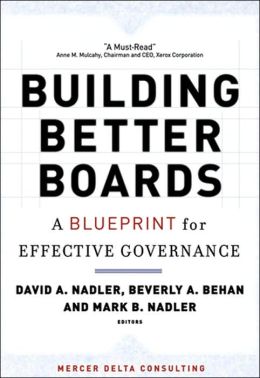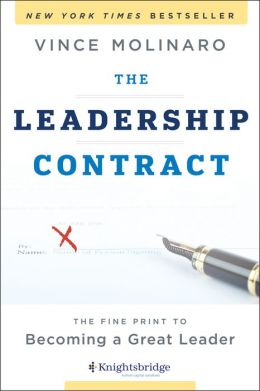 People know great governance, even when they don’t have words to describe it. Great decisions pass our sniff test. But, organizations get into big trouble when governance stinks. Glen Tecker, governance consultant, has helped over 2000 companies put words to corporate frustration and find better ways of working. I wrote about a presentation he gave before. Here are some highlights from a recent one.
People know great governance, even when they don’t have words to describe it. Great decisions pass our sniff test. But, organizations get into big trouble when governance stinks. Glen Tecker, governance consultant, has helped over 2000 companies put words to corporate frustration and find better ways of working. I wrote about a presentation he gave before. Here are some highlights from a recent one.
Good Governance: Difference between Oversight, Supervision, and ‘Snoopervision’
Oversight concerns itself with what and whether we accomplish what we wanted.
Supervision concerns itself with what and how work is accomplished.
Snoopervision concerns itself with what, how, and who does what, which leads to ‘administrivia’.
Corporations need to ask:
What do we want to accomplish?
What sort of organization is required?
What resources do we need?
Governance Requires Clarity of purpose:
Consider a curling team. What happens if everyone thinks the stone should land somewhere different? Desired outcomes are impossible without clarity on what we need to do, what’s required to do it, and how we will get the job done. The parts of a rocket must all pull together. What happens if pieces decided on their own where they wanted to go?
Organizations need to decide whether they will fund:
A group
An activity
An outcome
If we fund groups, we need organizational charts.
If we fund activities, we need series of business lines. We need to know about programs and business lines within the organization.
If we want outcomes, we need clarity on outcomes, first. We must have clear, measurable goals, and a definite picture of what we don’t like about the current state before we can work at achieving an outcome.
Stakeholder needs, wants and preferences determine what we hope to accomplish.
We make decisions using available information, not timely, accurate, or relevant information.
Available information comes from experience, reading, and conversations.
Assumption becomes surrogate for truth; assumption based on available information.
Where does your mental model, for what a governance unit, or person, should be doing, come from? Does your mental model fit with the current issue?
Form follows function and Function follows purpose.
How do you define Fairness: everyone gets the same vs. everyone gets what they need?
Culture + process + structure feeds into governance. Governance itself is authority, process, and capacity
Levels of engagement in decision-making:
- A – decision
- B – involved
- C – consulted
- D – informed
- E – no involved
From Building Better Boards, by David Nadler, 2004 HBR
 Vince Molinaro wrote a short leadership book called, The Leadership Contract: the fine print to becoming a great leader. Wiley, 2013. It’s a quick read, full of great bits of wisdom. I liked his list called ’10 Ways Leaders Make the Hard Work Harder.’
Vince Molinaro wrote a short leadership book called, The Leadership Contract: the fine print to becoming a great leader. Wiley, 2013. It’s a quick read, full of great bits of wisdom. I liked his list called ’10 Ways Leaders Make the Hard Work Harder.’

